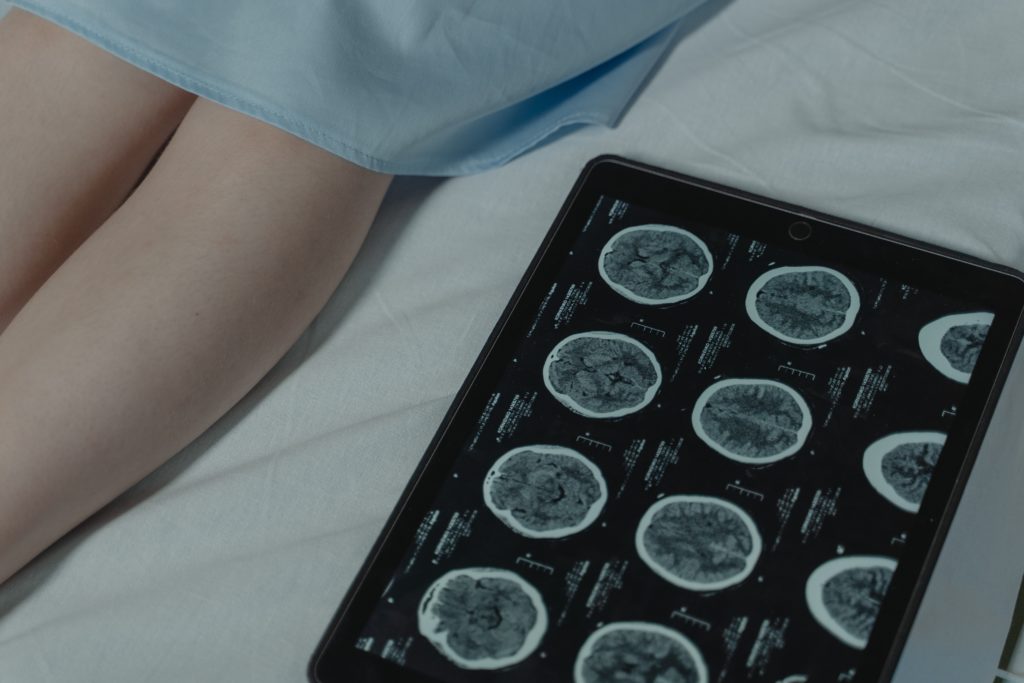Cancer cells tend to shed DNA into the blood in very early stages, before they can be picked up by scans or other tests. A new frontier in cancer detection and treatment is unfolding that utilizes a very simple yet powerful tool: blood tests known as liquid biopsies .
Liquid Biopsy is the process of testing bodily fluids such as urine or blood for DNA from tumor cells to detect cancers. In addition to surveying DNA, liquid biopsies can also identify mutations in genes associated with cancer development, allowing doctors to determine which drugs would be best suited for the patient’s specific type of cancer. The field of liquid biopsy is rapidly advancing and is already being used widely in cancer management.
Traditional biopsy is an invasive procedure by which a small sample of Tumor tissue is removed either by a needle or with surgery. In comparison, liquid biopsy can potentially detect cancer with a simple blood test. In certain situations where it is technically challenging or dangerous to obtain tumor tissue, liquid biopsy may prove to be invaluable because it is such a low risk test. Besides diagnosing cancer, liquid biopsy can also give valuable information about the tumor profile, which in turn helps doctors understand how to best treat an individual patient’s cancer. For example, we recently met a young gentleman with stage 4 lung cancer. He was very sick and his oxygen levels were dropping due to rapid spread of cancer in his lungs. His liquid biopsy test changed our treatment plan as we found that his tumor harbors a unique “cancer driver” called the EGFR mutation. Fortunately, we were able to skip chemotherapy and use more personalized treatment approach using a pill that targets the EGFR mutation.
Another useful and upcoming application of liquid biopsy is in the surveillance space. After cancer has been removed with surgery, it is not always clear if there could be any remaining circulating tumor cells in the blood that are not seen on scans. Therefore it is hard to decide who should, or should not get additional treatment like chemotherapy or immunotherapy. Liquid biopsy holds a lot of promise in this space because if doctors can detect traces of cancer after surgery, they can make more informed decisions about which patients need additional treatments to eradicate remaining cancer cells.
Detecting tumor DNA in blood is one of the smartest ideas in medicine. Although mechanistically very simple, it took years of reasearch and scientific advancement for this technology to mature to a level that could provide meanginful and actionable results. Although liquid biopsy is already valuable, it is not yet at its prime. The biggest transformation in cancer care is yet to come, and will likely be in the space of early detection. Detection of tumor DNA in blood may allow doctors to suspect and possibly detect tumors before they are detectable on scans. It is plausible that early detection on blood based tests may allow tumors to be detected at earlier stages, and therfore increase the chances of cure. Thsi field is advancing rapidly, and it is likely that liquid biopsy will become standard care within the next decade.



Recent Comments